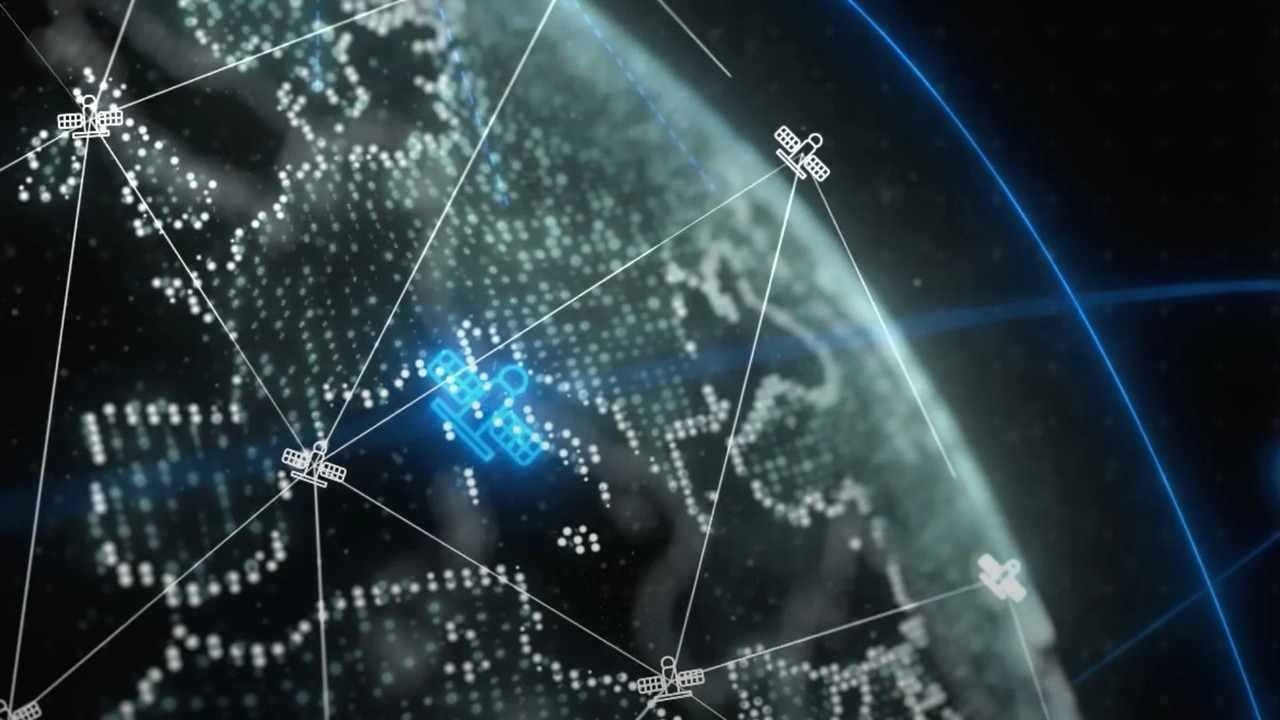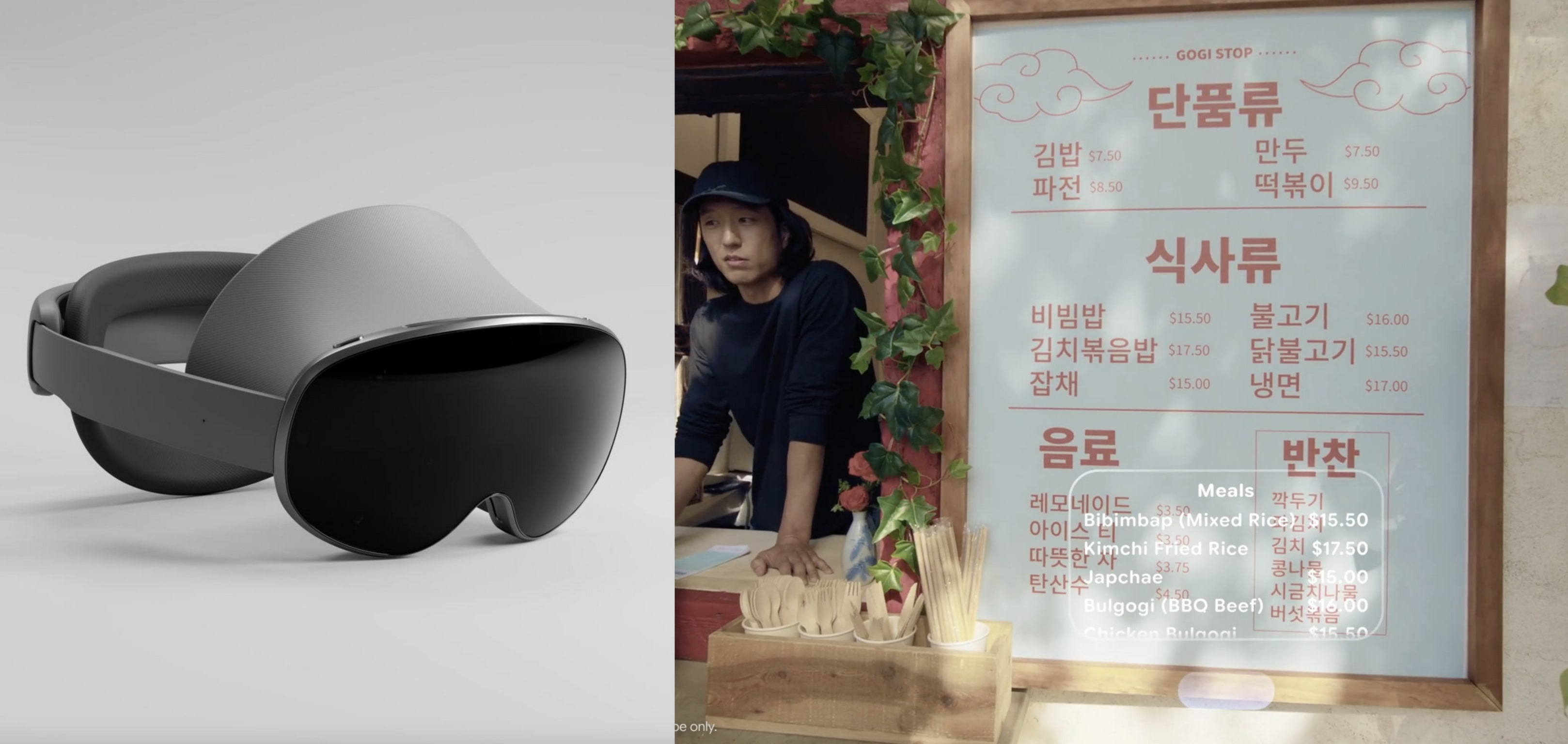Europe is launching a Starlink competitor

Image: EU
Europeans will soon be able to bring the WiFi equivalent of a cheetah on remote getaways. The EU yesterday signed contracts with a group of companies to build a constellation of satellites designed to compete with SpaceX’s Starlink network.
The constellation, known as Iris2, is ultimately intended to provide high-speed connectivity for EU citizens and governments, ensuring the bloc’s protection amid increasing global concerns over cybersecurity, The Guardian reports.
- With a price tag of ~$11.1 billion, Iris2 marks the EU’s most ambitious space program in a decade.
- The constellation will consist of ~290 satellites, with the first expected to launch in 2029.
Constellations, a group of satellites working together as a single system, are used to provide high-speed internet and navigation services, among other things. Their biggest benefit is the ability to provide permanent global or near-global coverage (even in remote areas), due to at least one satellite being visible from Earth at all times.
Standing room only: Constellations are on pace to make space more crowded than the bathroom at an NFL game during halftime. SpaceX’s Starlink already has ~7,000 operational satellites in orbit, with designs to launch as many as 42,000 – while China plans to operate 38,000 satellites across its low earth orbit internet projects. Amazon is also working to launch a constellation.
🖐️ But…This has astronomers concerned. Many warn the sheer number of satellites in orbit could impact visibility and affect their observations.
Share this!
Recent Science & Emerging Tech stories

Science & Emerging Tech
| December 16, 2024World-leading scientists are pushing to ban “mirror life” research
A group of 38 international experts, including two Nobel laureates, are warning against further research into mirror-image biological molecules

Science & Emerging Tech
| December 13, 2024Google and Samsung are joining the extended-reality market
🥽 Google and Samsung announced a new version of Google’s Android software specifically designed for extended reality (XR), a catch-all term encompassing AR, VR, and mixed-reality technologies.

Science & Emerging Tech
| December 5, 2024AI companies are struggling to build more advanced models
🤖🛑 AI models are experiencing a gym bro’s worst fear – the plateau. 3 of the leading AI firms are now seeing diminishing returns from costly efforts to build newer models, per Bloomberg.
You've made it this far...
Let's make our relationship official, no 💍 or elaborate proposal required. Learn and stay entertained, for free.👇
All of our news is 100% free and you can unsubscribe anytime; the quiz takes ~10 seconds to complete